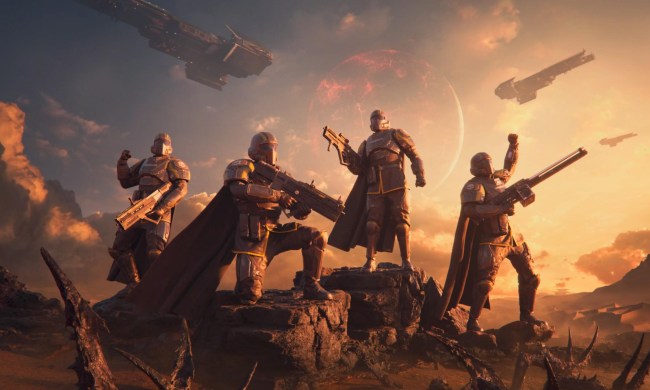
Prices fluctuate for a number of reasons, but component shortages will reportedly play a key role in the overall price hikes we’re already starting to see. According to CIO, shortages of RAM, SSDs, batteries, and LCD panels have already started driving up manufacturing costs.
During an earnings call, Lenovo’s chief operating officer, Gianfranco Lanci, confirmed that prices would continue to rise for manufacturers, as sourcing components becomes more difficult and expensive. Those increased manufacturing costs are already trickling down to customers, particularly users in the market for individual components.
According to PC Part Picker, RAM prices have gone up significantly since last year. Average prices remained relatively consistent in 2016, dipping down to about $40 for 4GB in May, but as of January 2017, the average price of 4GB is around $65.
Luckily SSD prices have remained relatively consistent so far, with no major upward spikes, but according to Lanci, the price hikes are very likely to be coming soon.
Component shortages are driving costs up at a peculiar time for the PC industry. According to CIO, millennials and gamers are more willing than ever to buy expensive, high-end notebooks and desktops, even as the overall PC market continues to fall short of sales expectations.
According to CIO, Intel’s chip prices increased by about 7 percent in 2016, but the popularity of VR-capable PCs kept them flying off the shelves, despite the price hike.
So, not only are component shortages driving costs up for manufacturers and customers, but the overall PC buyer profile is changing. It’s a volatile time for the PC market, and it remains to be seen how that will affect marketing strategies and sales numbers going forward.
Still, it might be a good time to stock up on those SSDs.


